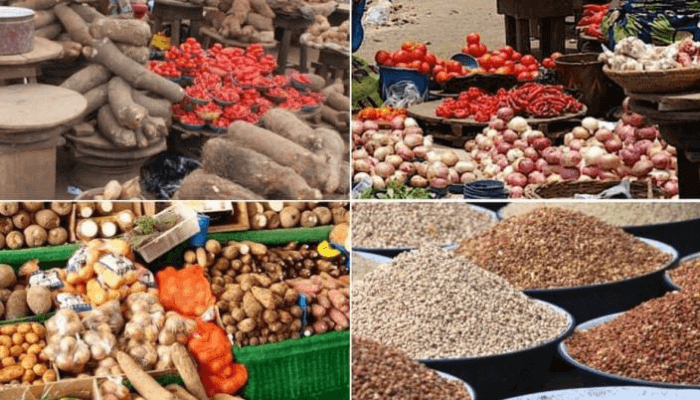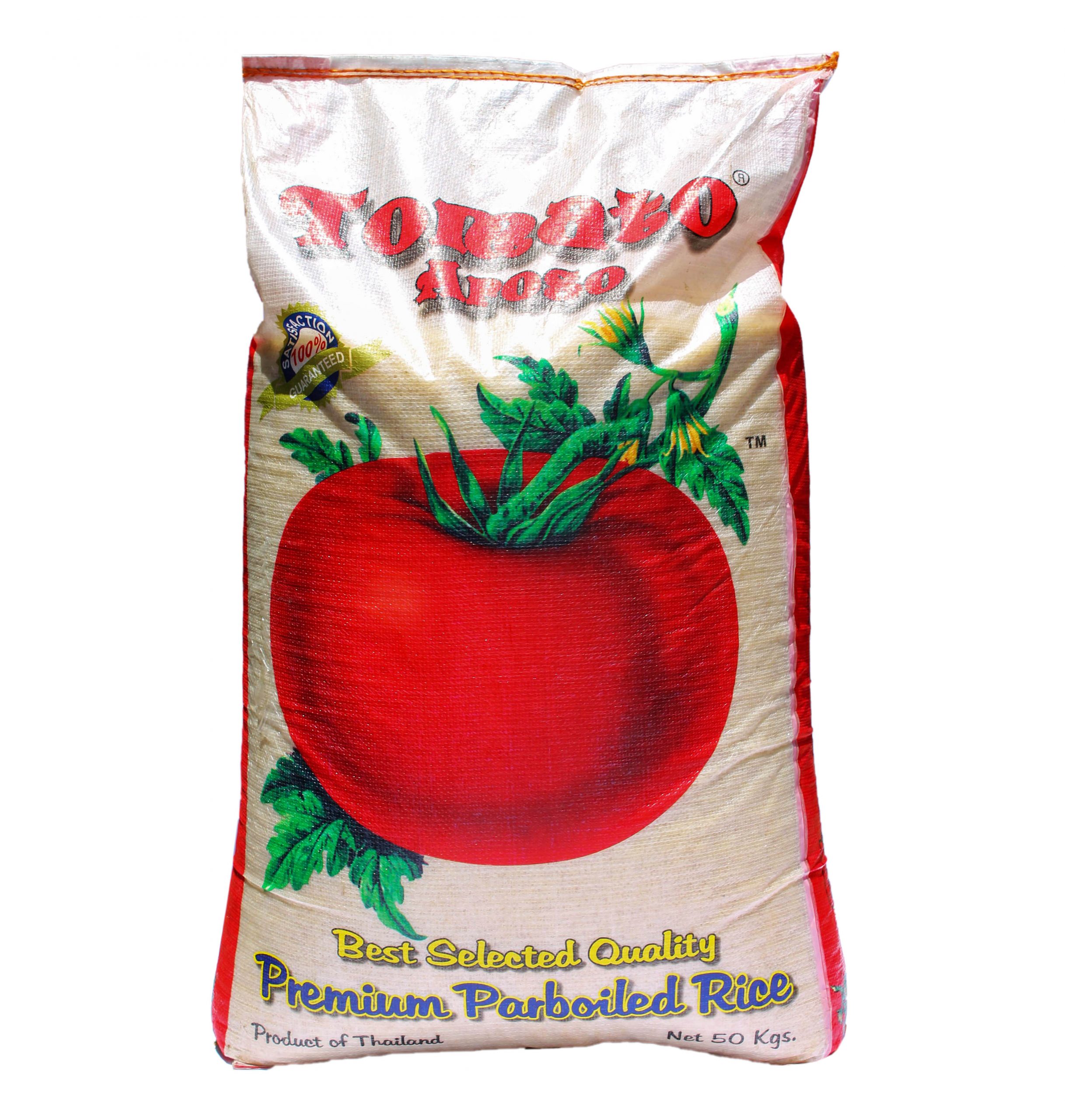Food Prices Drop In Nigeria: A Breath Of Fresh Air For Consumers

Good News: Food Costs Are Finally Going Down in Nigeria
Hey there, let me tell you something that might put a smile on your face. Across major markets in Nigeria, the prices of essential food items have dropped significantly. If you’ve been feeling the pinch of high living costs, this is some much-needed relief. It’s like catching a break after a long, tough run.
So, what’s behind this positive shift? Well, it’s a mix of things. First off, we’ve seen an improvement in the supply of food items. Couple that with some really good harvests, and you’ve got yourself a recipe for lower prices. Oh, and let’s not forget the government’s smart interventions to stabilize food prices. They’re doing their part to make sure people can afford what they need to eat.
Rice, Tomatoes, and More: The Price Plunge
Take a look at what’s happening at Lagos’s Mile 12 Market. A 50kg bag of rice that used to cost between ₦90,000 and ₦95,000 back in January 2025 is now selling for around ₦75,000 in March. That’s a drop of about 20%, which is a big deal for households that depend on rice as a staple. Imagine saving that kind of money every time you go shopping—it adds up fast.
Read also:Discover The Most Stunning Celebrity Couples Of All Time
But wait, there’s more. The price of a large basket of fresh tomatoes has plummeted by a whopping 70%. From ₦120,000, it’s now down to ₦35,000. If you’re someone who uses tomatoes in almost every meal, this is great news. It’s like getting more bang for your buck at the grocery store.
Garri, Yam, and Beans: Savings Across the Board
Now, let’s talk about garri. The cost of a 4-liter paint container of garri has fallen by 28.5%, dropping from ₦3,500 in January to ₦2,500 in March. And if you’re buying a 60kg bag of garri, you’ll find it’s now at ₦37,500. In places like Abuja and Onitsha, a large tuber of yam, once priced at ₦5,500, is now going for about ₦2,500. That’s a massive price drop, making yams much more affordable for families.
Beans, a key source of protein for many Nigerians, have also seen a significant price decrease. A 50kg bag that used to cost ₦105,000 in January is now selling for around ₦80,000. That’s more than a 20% reduction, which is a huge win for people trying to stretch their budgets. Beans are a lifesaver for many, so this price drop is a real blessing.
Food Inflation Slows Down: A Positive Trend
According to the National Bureau of Statistics, Nigeria’s food inflation rate has slowed down to 23.51% in February 2025. Just a year ago, in February 2024, it was at a staggering 37.92%. That’s a significant improvement, and it’s thanks to those favorable harvests and the government’s effective policies to ensure food security and price stability.
Of course, it’s not all sunshine and rainbows. Some regions are still struggling with higher food inflation rates. For example, Sokoto has the highest rate at 38.34%, followed by Edo at 35.08% and Nasarawa at 33.53%. On the flip side, states like Adamawa, Ondo, and Oyo are reporting the lowest rates, showing how local production and efficient supply chains can make a big difference in food prices.
Looking Ahead: Keeping the Momentum Going
There’s a growing call for the government to keep up the good work. Sustained efforts are needed to maintain price stability and address the disparities between regions. The goal is to ensure that everyone, no matter where they live, has access to affordable food. It’s about fairness and making sure no one gets left behind.
Read also:How Much Do Our Favorite Tv Stars Earn
In the end, these drops in food prices are a step in the right direction. It’s a reminder that with the right strategies and a bit of luck, we can make life a little easier for everyone. So, the next time you’re at the market, take a moment to appreciate the savings and the hard work that’s making it possible.
Rivers State Crisis: Senator Sani Backs Tinubu's Emergency Declaration
Anderson Cooper Brings You The Latest On Nigeria's Labour Unions' Call For Restraint
High Court In FCT Kicks Off Defamation Case Between DSS Operatives And SERAP

